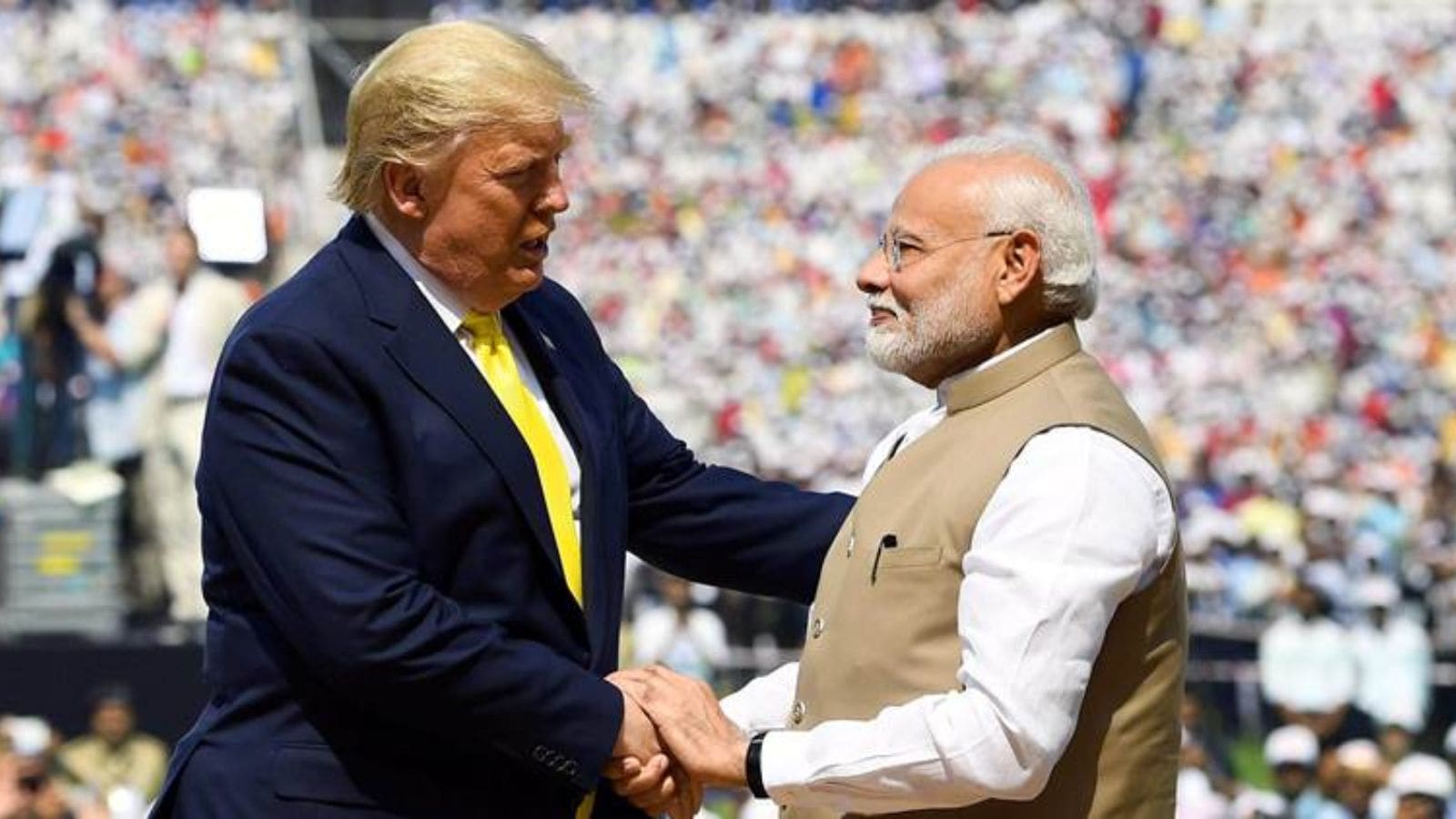India should resist signing a trade deal if the Donald Trump-led US administration demands disproportionate concessions, as it is not legally permitted to reduce tariffs and can therefore offer no substantial trade-related concessions in the near term, as many as 20 experts and former senior government officials have said in a letter to the Ministry of Commerce and Industry on Friday.
This comes as the US is seeking greater market access in a range of sensitive sectors, including agriculture, and has raised objections to India’s restrictions on politically sensitive genetically modified (GM) products and regulations requiring that imported dairy come from animals not fed blood-based feed.
“If excessive or disproportionate concessions are demanded on India’s hardest interests, India should take equally hard positions and resist – even at the cost of not securing a deal. In these circumstances, the costs of no deal — navigating a US market walled off by high tariffs in the short-to-medium term — may still be lesser than the longer-term costs of an unequal pact,” the memorandum said.
The signatories to the document include K M Chandrasekhar, former Cabinet Secretary; G.K. Pillai, former Home Secretary; Ujal Singh Bhatia, former Member and Chairman, WTO Appellate Body; Amarendra Khatua, former Secretary, Ministry of External Affairs; and Sanjaya Baru, author and former adviser to Prime Minister Manmohan Singh.
The letter said it was important to acknowledge that the ongoing negotiations with the US could not be seen as business-as-usual, and that their exceptional nature must be recognised. It said that the proposed BTA may be aimed more at mitigating escalatory tariff action by the US and reaching an acceptable compromise — ‘balancing the equation’, as it were — rather than actually resolving trade issues with the US.
The Trump administration in its trade deal with the UK retained the 10 per cent baseline tariff — which Trump said is the lowest country-specific tariff that will be applied to trading partners, giving concessions only on the escalatory tariffs that Trump had announced on countries globally since assuming office in February this year.
Experts such as Ajit Ranade, Senior Fellow, Pune International Centre; Badri Narayanan Gopalakrishnan, economist; Prabhash Ranjan, professor, OP Jindal Global University; R V Anuradha, partner, Clarus Law Associates; Anand P. Gupta, former professor of economics, IIM Ahmedabad; and Pradeep S. Mehta, Secretary General, CUTS International, also supported the letter to the ministry.
Story continues below this ad
“It is also important to mention here that, in the absence of a valid Trade Promotion Authority (TPA), the current US administration is not legally permitted to reduce tariffs and can therefore make no substantial trade-related concessions in the near term. The tariff discussions in the BTA negotiations are accordingly expected to be restricted only to the executive tariffs levied by the current administration. This also raises questions regarding the durability of any deal reached,” the letter said.
The memorandum further said hat careful thought must be given to the legal architecture of the BTA, as it remains to be seen whether the agreement will take shape as an interim arrangement leading to a conventional GATT Article XXIV-type regional trade agreement, which would require a roadmap towards finalisation and preferential trade liberalisation on ‘substantially all trade’, interpreted qualitatively.
“In any event, care must be taken to ensure that the contours of any negotiated outcome are compliant with India’s existing obligations under the World Trade Organisation (WTO) framework. In the face of the US’ blatant disregard for the rules-based multilateral trading system (MTS), with the WTO at its core, India, as an ascendant global power, should also call out US actions,” the letter said.
A Commerce and Industry Ministry spokesperson in response to a query said: “The negotiations are being held along the lines outlined by the two leaders, President Trump and Prime Minister Modi, in their meeting in Washington”.


